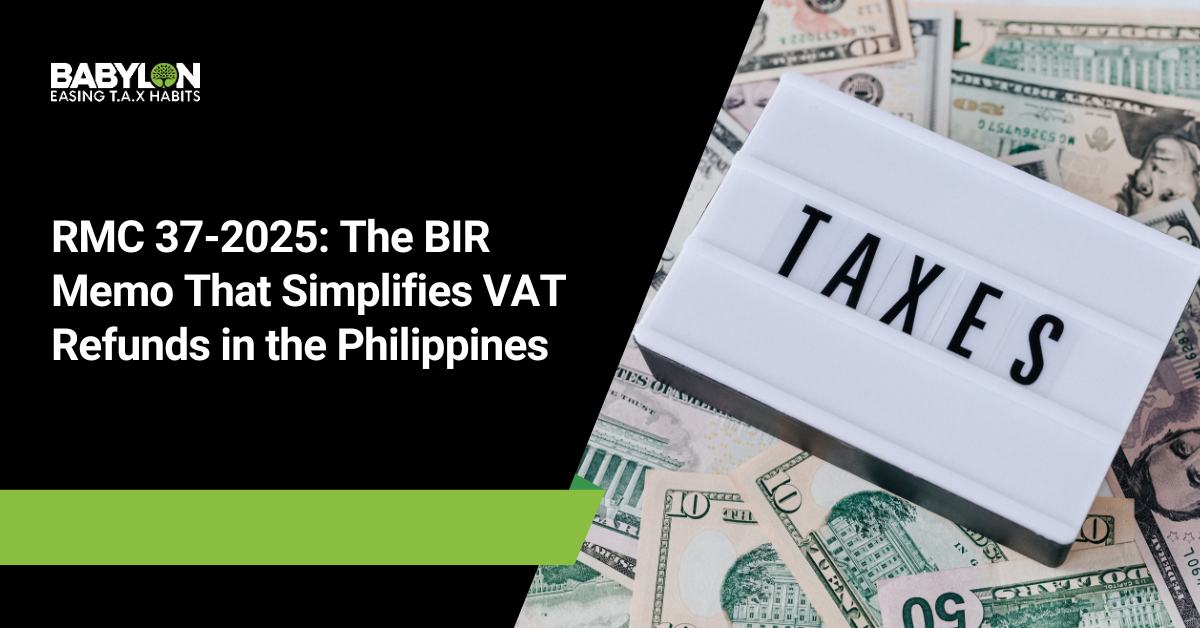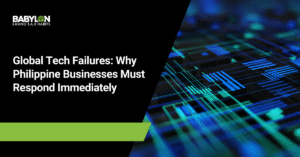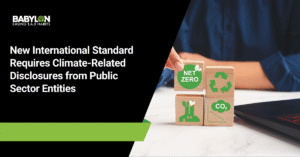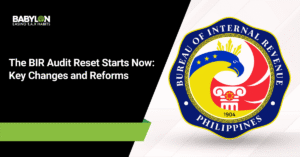Is Your VAT Refund Stuck in Limbo?
If you’re a business owner in the Philippines, you probably know the pain of chasing a Value-Added Tax (VAT) refund. You’ve done the math, filed the forms, and waited… and waited some more — only to be met with delays, confusing paperwork requirements, or even outright denial of your claim. Sound familiar?
That’s exactly the kind of bureaucratic bottleneck that Revenue Memorandum Circular (RMC) No. 37-2025, issued by the Bureau of Internal Revenue (BIR), aims to fix.
This memo could be a game-changer — streamlining the VAT refund process to make it faster, clearer, and more taxpayer-friendly.
Let’s break down what this new regulation means, why it matters, and what you need to do about it.
The Problem: A System Ripe for Reform
Before RMC 37-2025, claiming a VAT refund in the Philippines was like running a marathon with blindfolds on — full of uncertainties, redundant document requirements, and long wait times.
- Unclear Requirements: Businesses didn’t know which documents were actually mandatory, leading to wasted effort and frequent rejections.
- Inconsistent Interpretations: Different BIR offices had different practices, confusing taxpayers and increasing processing times.
- Burden on Compliant Taxpayers: Even those with legitimate claims were penalized by delays and inefficiencies, tying up capital that could otherwise support business operations.
For example, a small exporter entitled to a VAT refund might have waited over a year — or even longer — to get their money back, crippling their cash flow.
What’s New in RMC 37-2025: Key Provisions Simplified: Heres how:
- Streamlined Document Requirements
BIR now provides a standardized list of mandatory documents. No more guessing games. (Annex ____) - Sworn Certification Instead of Redundancy
Taxpayers must submit a notarized sworn statement (Annex A.1.3.1 or A.1.3.2), certifying that all necessary documents are complete. This replaces repetitive documentation. - Books of Accounts Only on Request
You don’t need to submit your full books upfront. The BIR will ask for them only if necessary — reducing the initial workload. - Strict but Fair Cooperation Rule
Even if your business has closed, you still need to cooperate during BIR’s evaluation. Non-compliance? Your claim could be denied. - Immediate Effectivity
This isn’t just a plan — it’s already in motion. All VAT-registered businesses must follow it now.
Before vs. After RMC 37-2025
| Aspect | Before | After |
| Documents | Vague and inconsistent | Clearly defined list |
| Processing | Delayed, opaque | More transparent and efficient |
| Books of Accounts | Required upfront | Only on request |
| Taxpayer Effort | High uncertainty | Streamlined, predictable |
Who Benefits — And How?
Individual Taxpayers
While this RMC mainly targets businesses, any individual registered for VAT (e.g., professionals with high-value clients) will benefit from clearer rules and faster processing.
Businesses
Exporters, suppliers to PEZA zones, or zero-rated service providers stand to gain quicker access to refunds, improved cash flow, and less red tape.
Compliance 101: What You Should Do Now
If you’re planning to file a VAT refund claim, here’s a simple action plan to stay compliant:
Step 1: Download RMC 37-2025 and study the updated checklist of required documents.
Step 2: Prepare a notarized sworn certification (Annex A.1.3.1 or A.1.3.2) stating the documents are complete.
Step 3: File your claim through the BIR’s VAT Refund Audit Section (VRAS) or your respective Revenue District Office (RDO).
Step 4: Keep your books of accounts and supporting documents ready in case the BIR requests them.
Step 5: Cooperate with Revenue Officers during the evaluation process — even if your business is closed or dormant.
Reminder: Failure to cooperate or submit required documents may lead to claim denial — even if you’re entitled to a refund.
Final Takeaway: Get Your VAT Refunds Without the Headaches
RMC 37-2025 is more than a bureaucratic update — it’s a practical tool to help businesses reclaim the money they’re legally owed, faster and with less friction.
Whether you’re a CFO, a startup founder, or a freelance consultant with a VAT registration, this memo simplifies your compliance burden and lets you focus on what really matters: growing your business.
What’s Next?
- Review your recent VAT refund filings. Are they aligned with the new memo?
- Plan your next filing using the updated checklist.
- Consult a tax professional or your company’s accountant to avoid costly mistakes.
Compliance today means fewer headaches tomorrow.
DISCLAIMER: This article is developed by subject matter experts at Babylon2k. This is for general information only and does not constitute expert advice. It is based on current regulations and may not account for all related topics. Any tax or compliance guidance provided cannot be used to avoid penalties or promote specific actions. Laws and interpretations may change over time, which could affect the accuracy of this report. We are not obligated to update this advisory if new regulations arise.
How We Can Help
Babylon2k’s B.E.T.H. can also help you when you need more information and clarification on taxes, businesses, finance, laws, and more. Learn More >
☎️ Get in Touch!
- Request a Free Consultation | Request Consult
- Message us on Viber/ Whatsapp Number @ +63-927-945-3382.
- Email us directly at [email protected]






